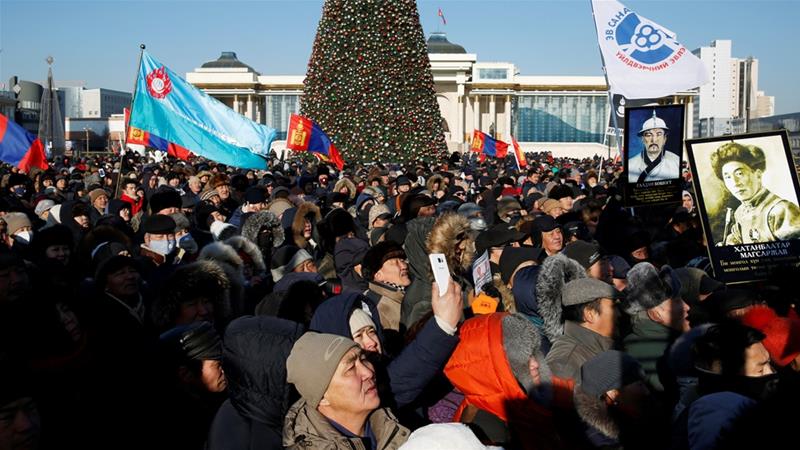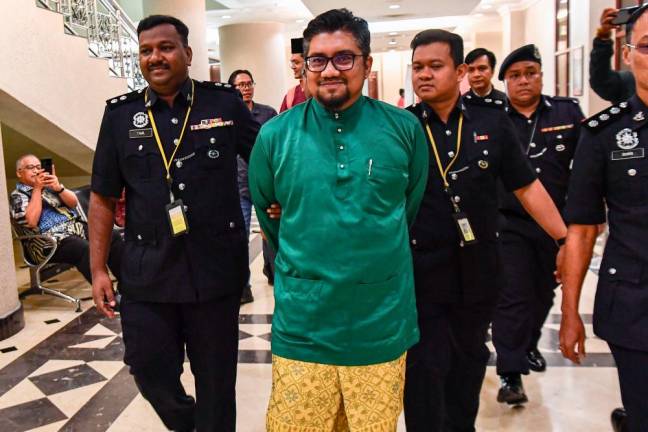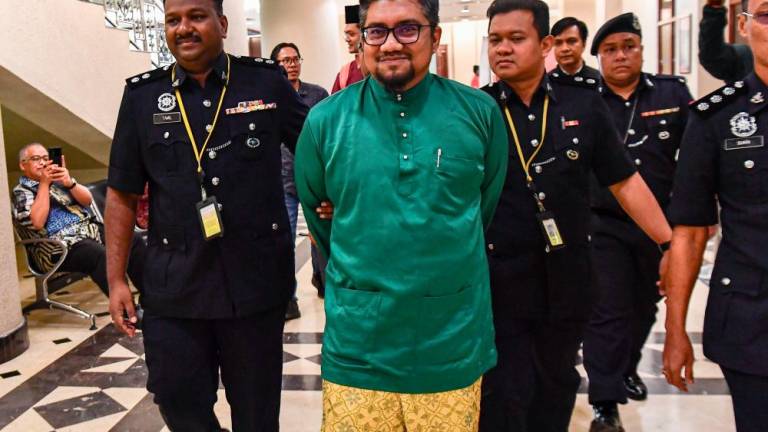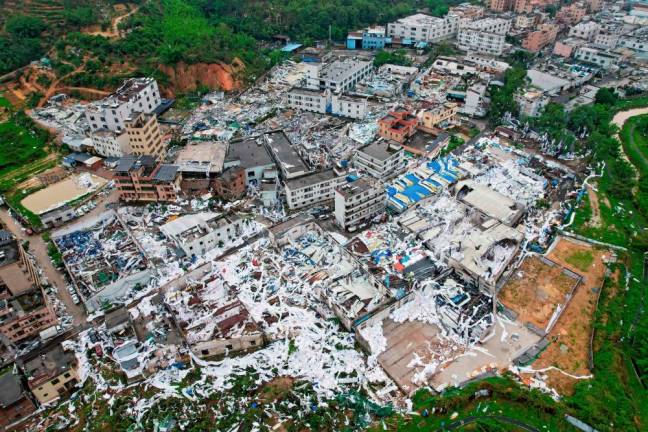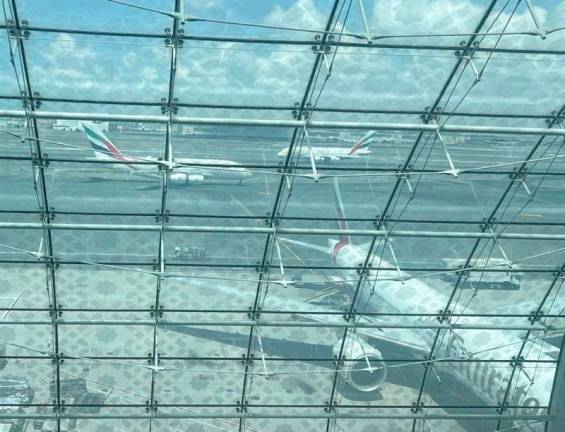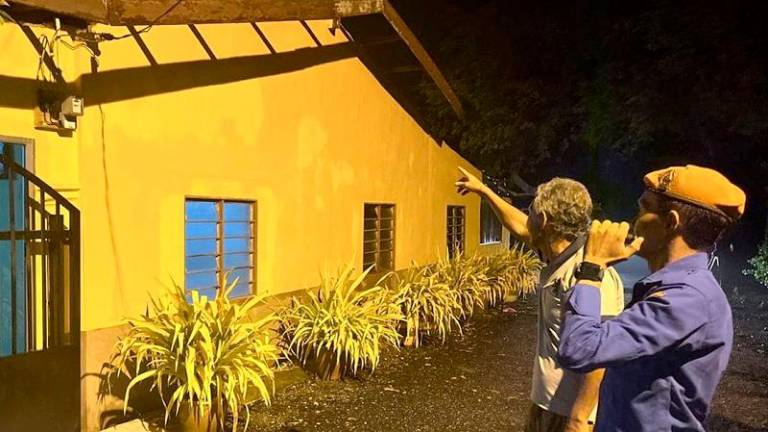ULAANBAATAR: Thousands of Mongolians gathered Thursday in Ulaanbaatar to protest graft and demand the resignation of the country’s parliamentary speaker, with some erecting yurts in a city square and threatening to stay there on hunger strike.
The protest — the second in a fortnight — was prompted by corruption, bribery scandals and embezzlement of government funds that have triggered widespread anger among citizens since last year.
Organisers claim up to 60,000 people took to the streets, although an AFP reporter at the scene put the number at closer to 10,000.
Much of the protest was centred on Sukhbaatar Square, with thousands gathering and waving flags.
By nightfall, with temperatures falling to -22°C (-7.6°F), nearly two dozen yurts had been erected before an imposing monument to Ghengis Khan, with some protestors threatening a hunger strike.
“If large numbers of people go on a hunger strike, we will also take part in the hunger strike, representing the members of parliament,“ said organiser and lawmaker Bold Luvsanvandan.
“So Enkhbold should be smart about this.”
Parliamentary speaker Enkhbold Miyegombo has been accused of selling government positions, such as vice minister and state secretary, to raise at least 60 billion tugrik (RM93.36 million).
Calls for Enkhbold to step down came after an unsuccessful no confidence vote by parliament in November, which sought to sack Mongolia’s prime minister and his cabinet amid a corruption scandal implicating high-level politicians in a state fund embezzlement scheme.
Political instability has been a constant problem for the young democracy, which passed its first constitution in 1992 after decades of Communist rule.
The country has been through 15 different cabinets in the years since, each lasting an average of 1.5 years.
Since the no confidence vote, 40 MPs have boycotted plenary sessions, and the Mongolian parliament has not been able to hold a regular session for five consecutive weeks, delaying legislation and the appointment of ministers.
Mongolia has fallen for two years in a row in Transparency International’s corruption index, and ranked 103 out of 180 countries in 2017. — AFP



